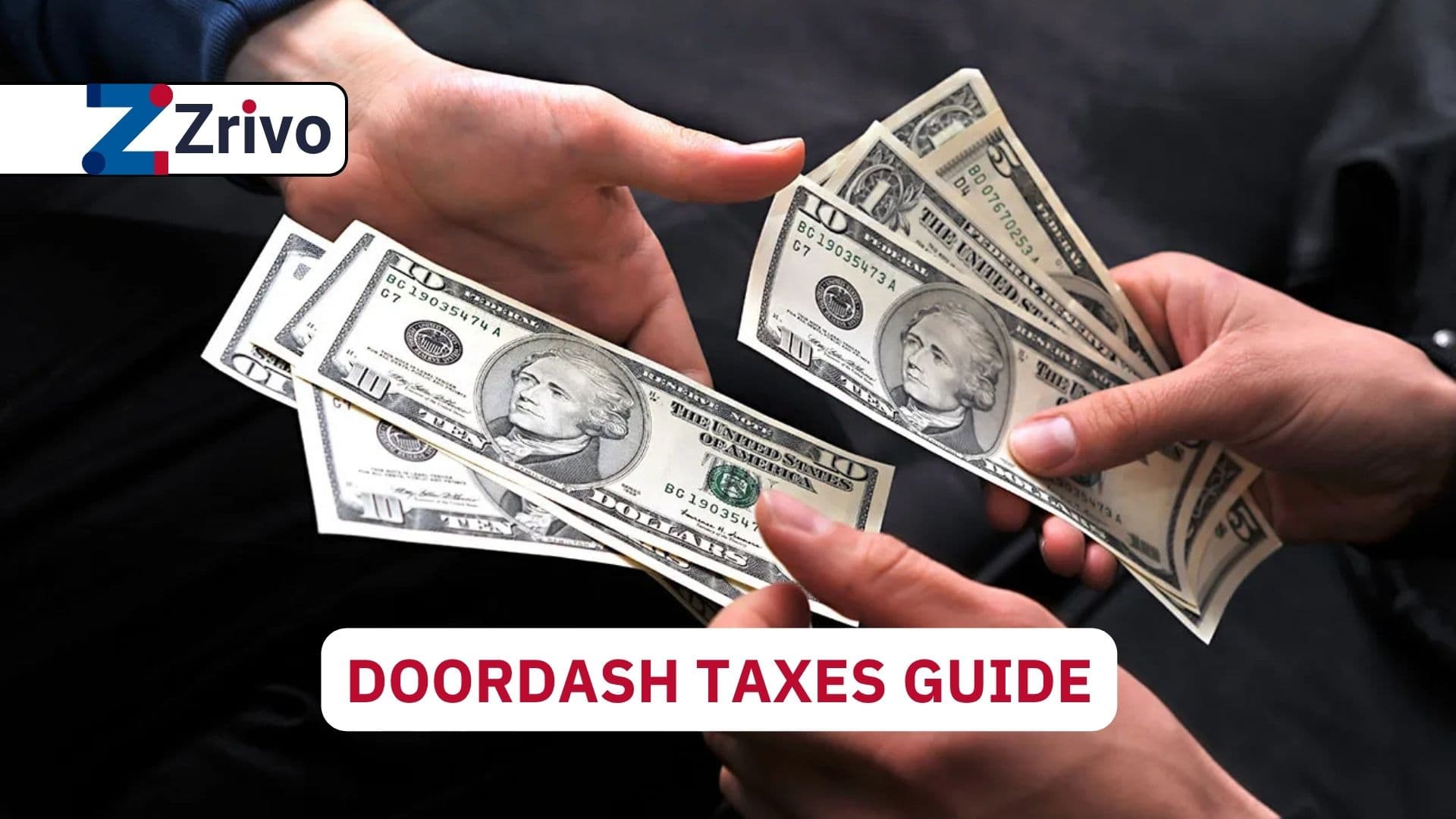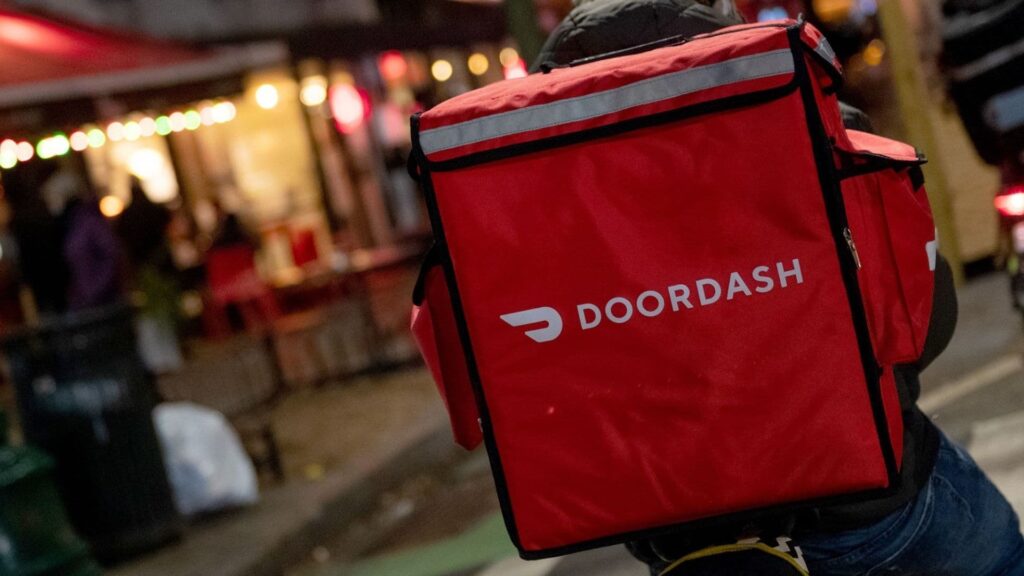
When it comes to filing your taxes as a DoorDash driver, things can get confusing fast—but don’t worry, our DoorDash taxes guide is here to help you navigate every twist and turn of the process. As a Dasher, you’re considered an independent contractor, which means DoorDash doesn’t withhold taxes from your pay and you’re responsible for reporting all your income, paying self-employment taxes, and maximizing your deductions to keep more of your hard-earned cash. You’ll need to file IRS Form 1040, attach a Schedule C for your business income and expenses, and possibly a Schedule SE for self-employment taxes. If you earned $600 or more, expect a 1099-NEC from DoorDash (delivered via Stripe Express), but remember—even if you don’t hit that mark, you still have to report every dollar you make. On top of federal and state income taxes, you’ll pay a 15.3% self-employment tax for Social Security and Medicare, and if you expect to owe $1,000 or more, you’ll need to make quarterly estimated payments to avoid penalties.
The good news? There are plenty of juicy deductions to sink your teeth into: mileage or vehicle expenses, phone and internet bills, hot bags and delivery gear, parking and tolls, AAA or roadside assistance, and even a portion of your health insurance premiums if you qualify. Keep detailed records (apps make this a breeze), track every business mile, and save those receipts—every little bit helps when it comes to lowering your tax bill. With this DoorDash taxes guide, you’ll be ready to file confidently, claim every deduction you deserve, and breeze through tax season like a pro.
Understanding Your DoorDash Tax Status
As a DoorDash driver, you’re classified as an independent contractor, not an employee. This means taxes aren’t withheld from your earnings, and you’re responsible for tracking your income and expenses. You’ll need to report all your DoorDash income to the IRS, regardless of whether you receive a 1099-NEC.

Key Tax Forms for DoorDash Drivers
- IRS Form 1040: The standard individual income tax form.
- Schedule C: Used to report your business income and expenses.
- Schedule SE: Calculates your self-employment tax (Social Security and Medicare).
- 1099-NEC: Provided by DoorDash if you earned $600 or more in a year.
What Taxes Do Dashers Pay?
- Federal Income Tax: Based on your total income and tax bracket.
- Self-Employment Tax: 15.3% for Social Security and Medicare.
- State and Local Taxes: Vary by location.
- Quarterly Estimated Taxes: Required if you expect to owe $1,000 or more in taxes for the year.
Top DoorDash Tax Deductions
- Mileage or Actual Vehicle Expenses: Track every business mile, or deduct actual costs for gas, maintenance, insurance, and depreciation.
- Phone and Internet Bills: Deduct the portion used for DoorDash work.
- Delivery Gear: Hot bags, phone mounts, and other essentials.
- Parking and Tolls: Only those incurred while dashing.
- Roadside Assistance Memberships: If used for business purposes.
- Health Insurance Premiums: If you’re self-employed and qualify.
Tips for Stress-Free DoorDash Tax Filing
- Keep Detailed Records: Use apps or a logbook to track mileage and expenses.
- Save All Receipts: Every deduction counts!
- Set Aside Money for Taxes: Aim for 20-30% of your earnings.
- File Quarterly Payments: Avoid penalties by staying on top of estimated taxes.
- Consult a Tax Professional: Especially if you’re new to self-employment.

FAQs
Do I have to pay taxes on my DoorDash earnings?
Yes, all income from DoorDash is taxable—even if you don’t receive a 1099 form.
What tax forms do I need as a DoorDash driver?
You’ll need IRS Form 1040, Schedule C for business income and expenses, and Schedule SE for self-employment tax. If you earned $600 or more, you’ll also get a 1099-NEC from DoorDash.
Can I deduct mileage for DoorDash deliveries?
Absolutely! You can deduct either the standard mileage rate or your actual vehicle expenses—just make sure to keep accurate records.
Do I need to pay quarterly taxes as a Dasher?
If you expect to owe $1,000 or more in taxes for the year, you should make estimated quarterly tax payments to avoid IRS penalties.